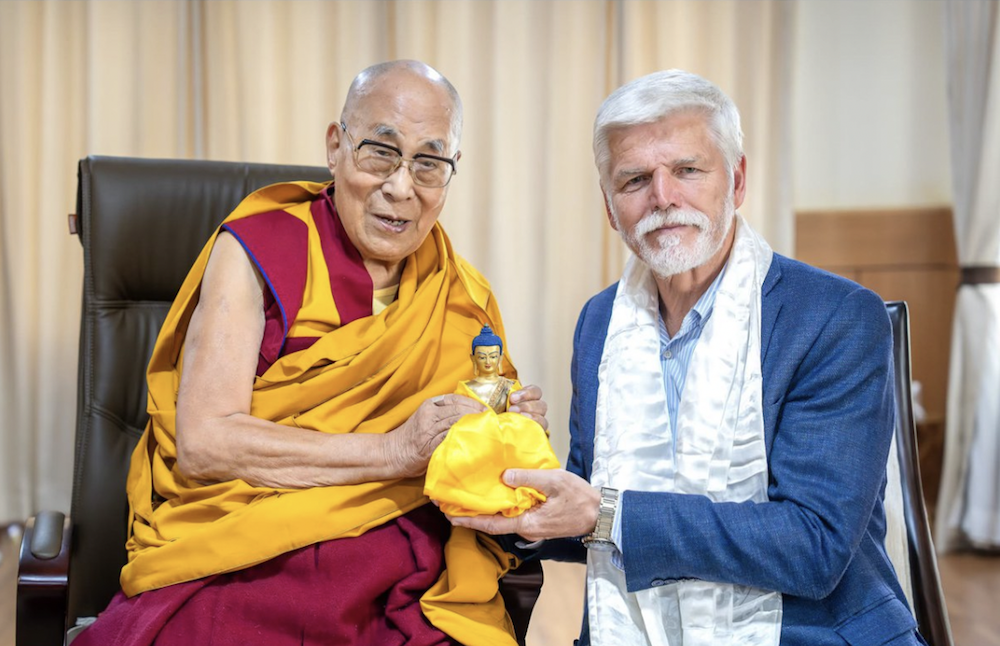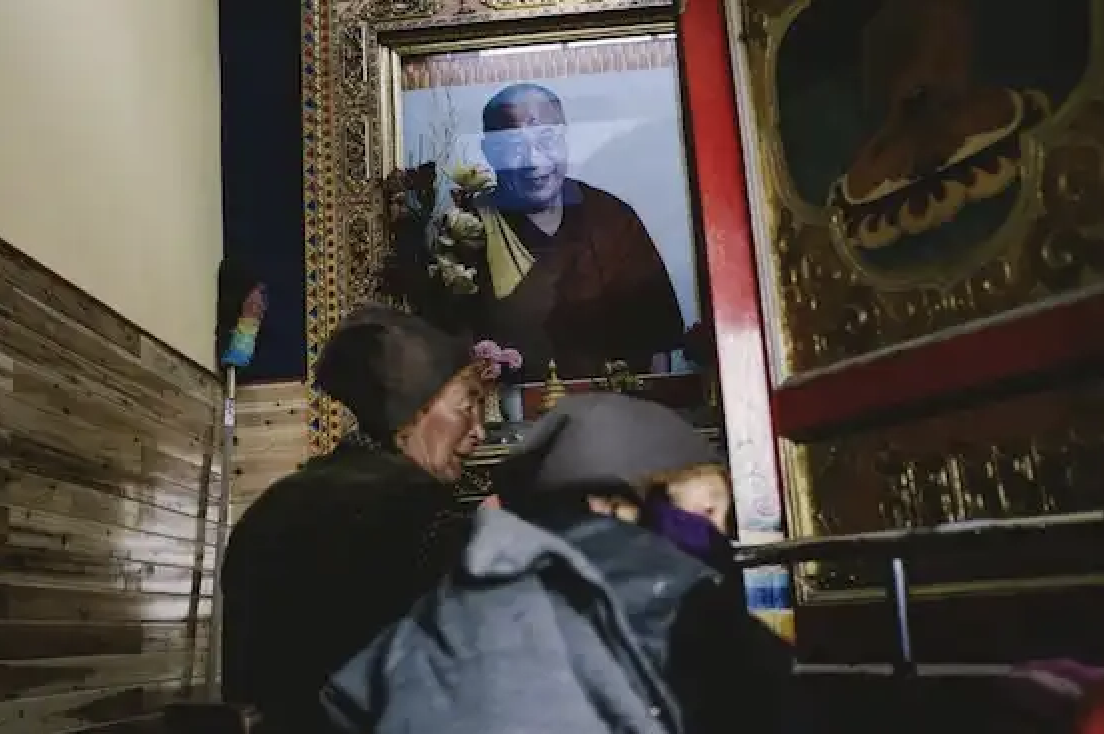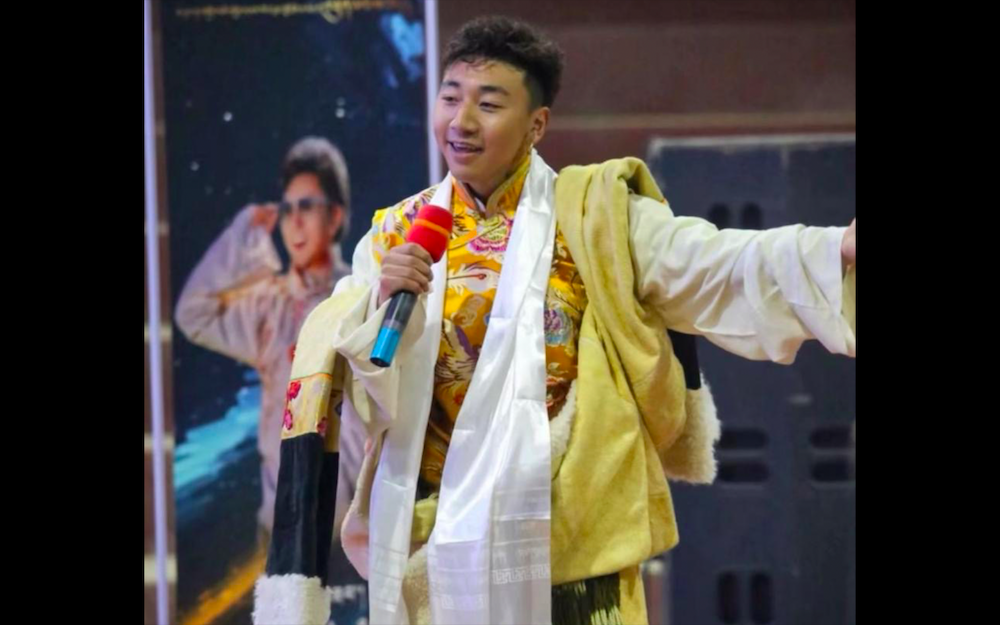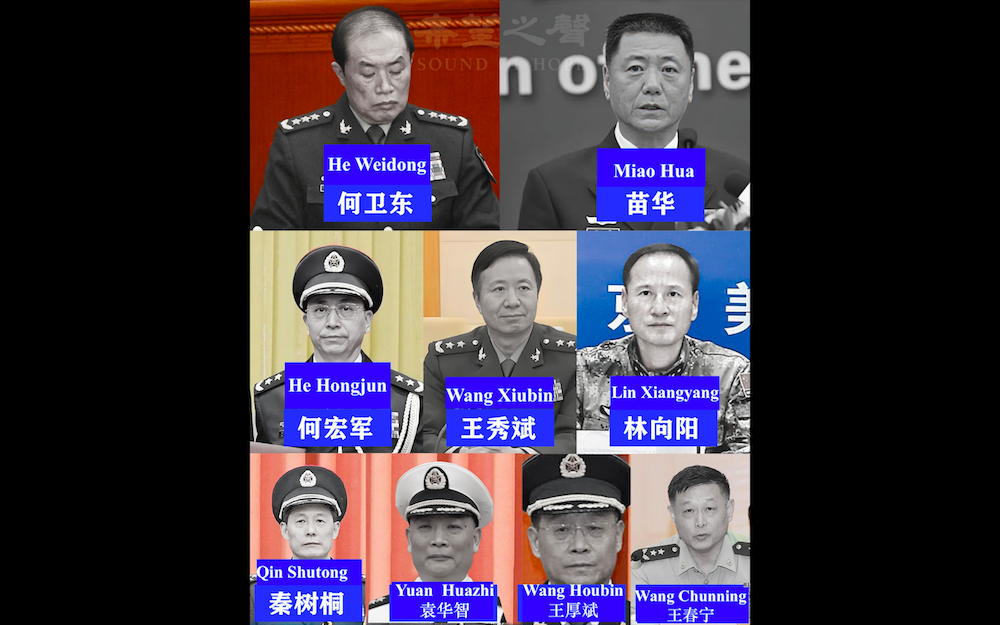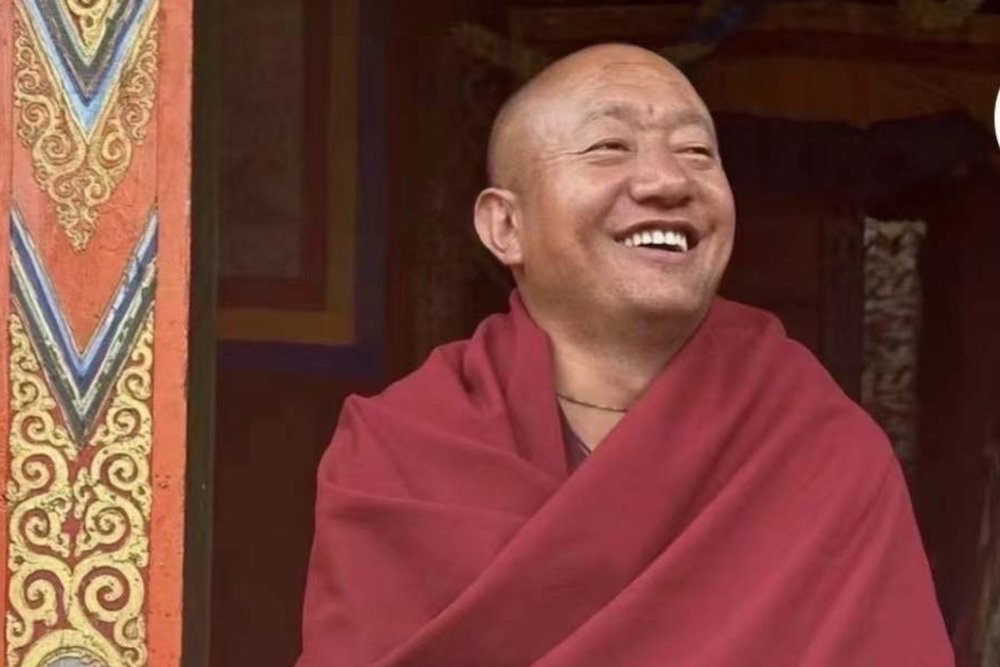Tenzin Nyidon
DHARAMSHALA, Aug. 13: China announced on Tuesday that it has suspended all engagement with Czech President Petr Pavel following his recent private meeting with the Tibetan spiritual leader, His Holiness the Dalai Lama, on July 27 in Leh, Ladakh.
Pavel’s trip marked the first time a sitting head of state visited India specifically to meet the Tibetan spiritual leader. He extended his wishes to the Nobel Laureate on his 90th birthday during the meeting despite opposition from Beijing.
According to a statement from China’s Ministry of Foreign Affairs, President Pavel’s meeting with the Dalai Lama on July 27 “seriously contravenes the political commitment made by the Czech government to the Chinese government, and harms China’s sovereignty and territorial integrity.” The ministry condemned the meeting as a “provocative” act, adding that all communication and cooperation with the Czech president’s office would cease.
The suspension, however, applies only to President Pavel. Beijing clarified that it would maintain its broader diplomatic relations with the Czech government, suggesting that trade, economic, and cultural exchanges between the two countries could continue at other levels.
The Czech presidential office has not issued a formal statement in response to Beijing’s announcement, but officials have previously stressed that the meeting with the Dalai Lama was private and did not represent a shift in the country’s official foreign policy.
Czechia has a history of strong ties to the Tibetan cause, rooted in its own democratic transition after decades of communist rule. Former Czech President Václav Havel was among the first world leaders to invite the Dalai Lama to an official state event in the early 1990s, setting a precedent for Prague’s moral support for Tibet.
The Chinese government routinely condemns foreign leaders who meet the Dalai Lama, accusing them of undermining China’s sovereignty and interfering in its internal affairs. Beijing views the Dalai Lama as a “political figure” advocating for Tibetan independence, despite his repeated statements that he seeks genuine autonomy for Tibet within the framework of the Chinese constitution.
Previous high-profile meetings with the Dalai Lama have triggered similar diplomatic rifts. Germany’s Chancellor Angela Merkel in 2007, France’s President Nicolas Sarkozy in 2008, and Britain’s Prime Minister David Cameron in 2012 all faced freezes in high-level contact with Beijing after hosting the Tibetan leader.


